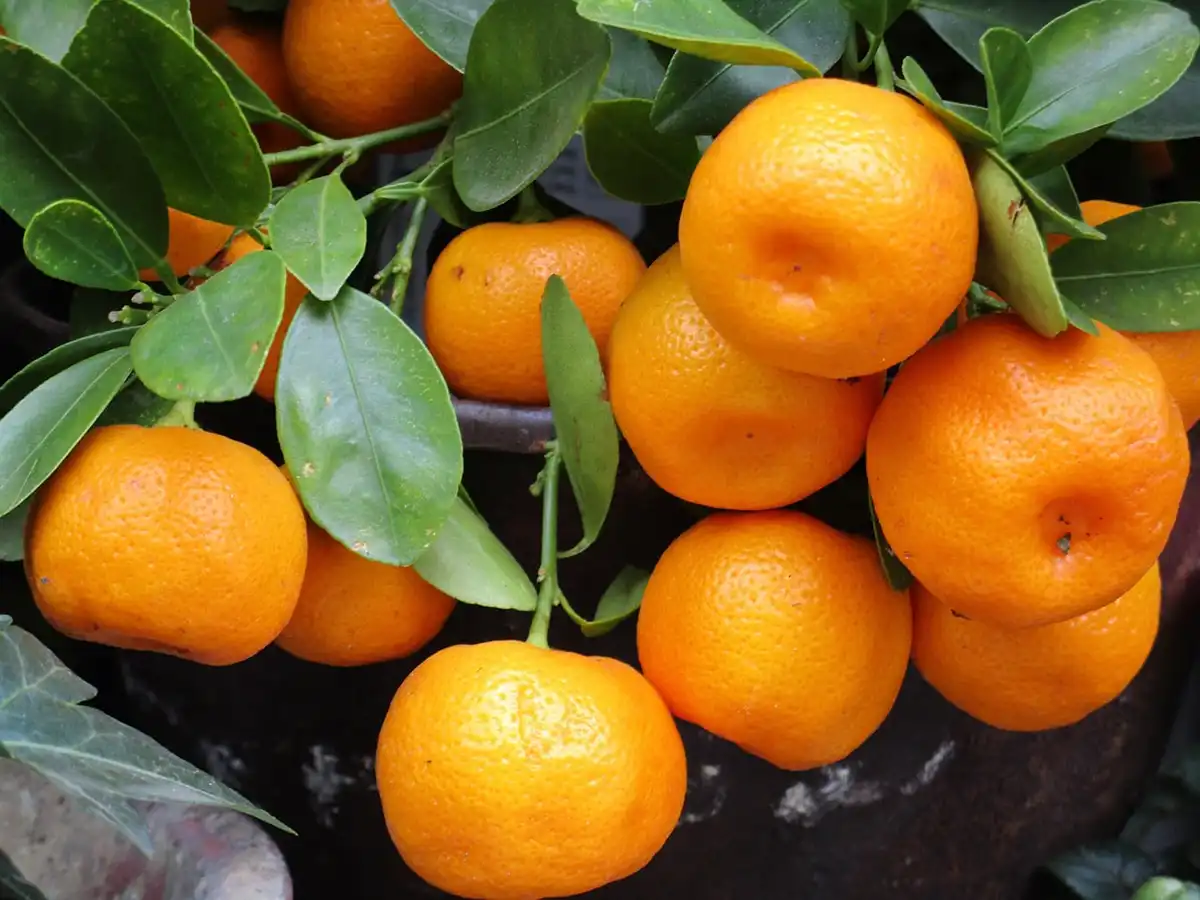Improving the African agriculture industry, including seed availability and quality, isn’t as easy as a flip of a switch. Complex economic and legal challenges mean this will be a long-fought battle.
“The seed market size is one of the biggest challenges facing the African seed sector, which does not justify a significant investment in the seed sector at a national level,” says Justin Rakotoarisaona, Secretary-General of the African Seed Trade Association (AFSTA). “Another challenge is plant variety protection… not everyone understands the importance of this.”
In some cases, especially for politicians, seed is still considered social goods, he continues. There are some regional organizations that make efforts to promote plant variety protection but its implementation at national level is still difficult.
The majority of African farmers have no access to certified seed for various reasons, which also means that seed companies are less rewarded for investing in this higher quality product. Rakotoarisaona says low adoption of new technology, in general, could be due to lack of conducive policy or simply not having appropriate infrastructure to implement or access technologies.
It’s going to take massive efforts of all the seed stakeholders to help improve seed trade in order to create more opportunities for farmers and seed companies in Africa. Rakotoarisaona has ideas to help policy makers.
“I’d propose that ongoing harmonized seed regulations at the Economic Regional Community level should be implemented,” he says. So far, seed regulations have not been implemented as they should, both at regional and national levels. If that change could be made, there could be more certainty for farmers and innovators.
Learn more from Rakotoarisaona in the Giant View below:










